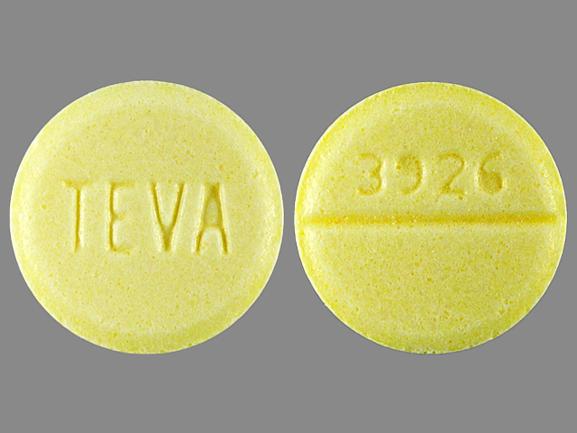Diazepam Interactions
There are 525 drugs known to interact with diazepam, along with 12 disease interactions, and 2 alcohol/food interactions. Of the total drug interactions, 32 are major, 447 are moderate, and 46 are minor.
- View all 525 medications that may interact with diazepam
- View diazepam alcohol/food interactions (2)
- View diazepam disease interactions (12)
Most frequently checked interactions
View interaction reports for diazepam and the medicines listed below.
- Adderall (amphetamine / dextroamphetamine)
- Ambien (zolpidem)
- Aspirin Low Strength (aspirin)
- Benadryl (diphenhydramine)
- Cymbalta (duloxetine)
- Fish Oil (omega-3 polyunsaturated fatty acids)
- Flexeril (cyclobenzaprine)
- Flonase (fluticasone nasal)
- Lamictal (lamotrigine)
- Lexapro (escitalopram)
- Lyrica (pregabalin)
- Metoprolol Succinate ER (metoprolol)
- MiraLAX (polyethylene glycol 3350)
- Nexium (esomeprazole)
- Norco (acetaminophen / hydrocodone)
- OxyContin (oxycodone)
- Paracetamol (acetaminophen)
- Seroquel (quetiapine)
- Singulair (montelukast)
- Synthroid (levothyroxine)
- Topamax (topiramate)
- Tylenol (acetaminophen)
- Vitamin B12 (cyanocobalamin)
- Vitamin C (ascorbic acid)
- Vitamin D3 (cholecalciferol)
- Vyvanse (lisdexamfetamine)
- Xanax (alprazolam)
- Zofran (ondansetron)
- Zoloft (sertraline)
- Zyrtec (cetirizine)
Diazepam alcohol/food interactions
There are 2 alcohol/food interactions with diazepam.
Diazepam disease interactions
There are 12 disease interactions with diazepam which include:
- acute alcohol intoxication
- closed-angle glaucoma
- drug dependence
- renal/liver disease
- respiratory depression
- seizures
- prolonged hypotension
- myasthenia gravis
- renal/liver disease
- depression
- obesity
- paradoxical reactions
More about diazepam
- diazepam consumer information
- Compare alternatives
- Pricing & coupons
- Reviews (888)
- Drug images
- Latest FDA alerts (2)
- Side effects
- Dosage information
- Patient tips
- During pregnancy
- Support group
- Drug class: benzodiazepine anticonvulsants
- Breastfeeding
Related treatment guides
Drug Interaction Classification
| Highly clinically significant. Avoid combinations; the risk of the interaction outweighs the benefit. | |
| Moderately clinically significant. Usually avoid combinations; use it only under special circumstances. | |
| Minimally clinically significant. Minimize risk; assess risk and consider an alternative drug, take steps to circumvent the interaction risk and/or institute a monitoring plan. | |
| No interaction information available. |
See also:
Naproxen
Naproxen is a nonsteroidal anti-inflammatory drug used to treat pain or inflammation caused by ...
Oxycodone
Oxycodone is an opioid analgesic used to treat moderate to severe pain; it has a high potential for ...
Ozempic
Learn about Ozempic (semaglutide) for type 2 diabetes treatment, weight management, cardiovascular ...
Lamotrigine
Lamotrigine systemic is used for anxiety, bipolar disorder, borderline personality disorder ...
Clonazepam
Clonazepam is used to treat seizures and panic disorder. Learn about side effects, interactions and ...
Lexapro
Lexapro is used to treat anxiety and major depressive disorder. Learn about side effects ...
Buspirone
Buspirone is used to treat symptoms of anxiety, such as fear, tension, irritability and dizziness ...
Hydroxyzine
Hydroxyzine is an antihistamine used to treat itching, hives, and anxiety. It also acts as a ...
Alprazolam
Alprazolam is used to treat anxiety disorders, panic disorders, and anxiety. Learn about side ...
Escitalopram
Escitalopram is an SSRI antidepressant used to treat major depressive disorder in adults and teens ...
Further information
Always consult your healthcare provider to ensure the information displayed on this page applies to your personal circumstances.


